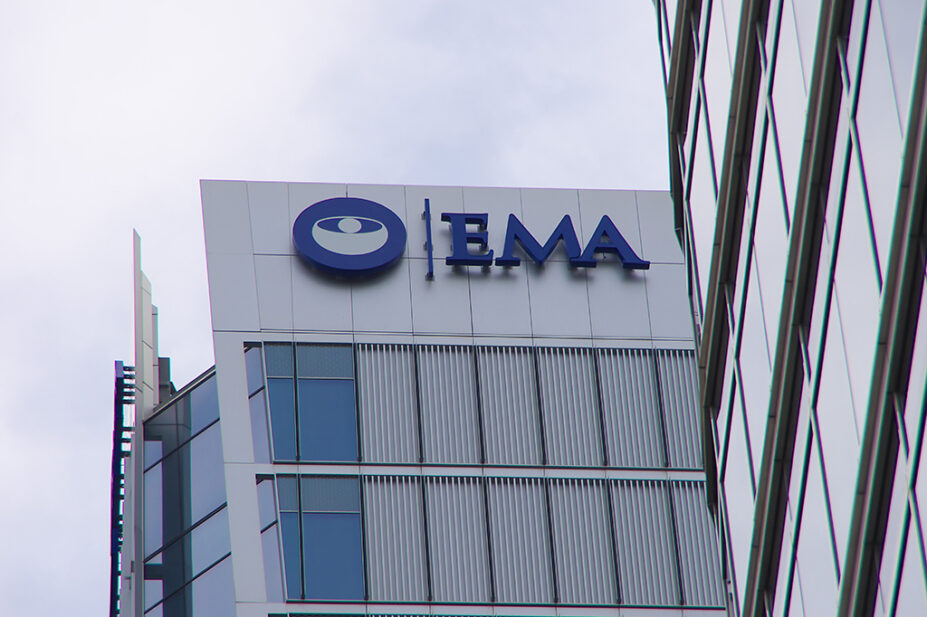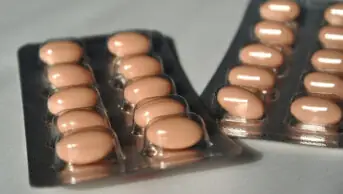
Shutterstock.com
A European Medicines Agency (EMA) committee has recommended the suspension of marketing authorisations for almost 400 generic medicines because of flawed studies at a laboratory in India.
The Committee for Medicinal Products for Human Use (CHMP) reviewed generic medicines that were authorised or being evaluated via national, decentralised or mutual recognition, initiated at the request of the Spanish Agency of Medicines and Medical Devices.
The agency had reported findings of non-compliance with good clinical practice at the Synapse Labs contract research organisation in Pune, India. Following its review, the EMA said the CHMP had found irregularities in study data and inadequacies in study documentation, computer systems and procedures to appropriately manage study data at the laboratories.
In a statement, published on 15 December 2023, the EMA said this “raised serious concerns about the validity and reliability of data” from bioequivalence studies conducted at the control research organisation to show that the generic medicines released the same amount of active substance in the body as the reference medicine.
The review looked at all available information, including other bioequivalence data. The EMA said “sufficient supporting data” were available to demonstrate bioequivalence “for around 35 of the medicines concerned”, meaning that “marketing authorisations for these medicines will be maintained and ongoing marketing applications can continue”.
However, the EMA said supporting data were “lacking or insufficient to show bioequivalence” for all other medicines on the list, leading to the CHMP recommending the suspension of their marketing authorisations. To lift the suspension, companies must provide “alternative data demonstrating bioequivalence”, and medicines for which ongoing marketing authorisation applications rely solely on data from Synapse Labs will not be granted authorisation in the EU, the EMA said.
The EMA has warned that some of the medicines recommended for suspension “may be of critical importance” (e.g. owing to lack of available alternatives) in some EU member states, and added that national authorities “can postpone the suspension of these medicines for a maximum of two years in the interest of patients”, although companies have to submit the required bioequivalence data for these medicines within one year.
The EMA said the CHMP’s recommendation will now be sent to the European Commission, which will issue a legally binding decision applicable in all EU member states “in due course”.
Commenting on the committee’s recommendations, Julian Beach, interim executive director of healthcare quality and access at the Medicines and Healthcare products Regulatory Agency, said: “We are working together within the UK health system, the Department of Health and Social Care and with international regulators on this issue. We will take regulatory action if required, and always address issues regarding medicines that are of critical importance for patients.
“There is no evidence of harm or lack of effectiveness with any of the affected medicines. It is important that patients continue to take their medicines and discuss any concerns they may have with their healthcare professional.”


